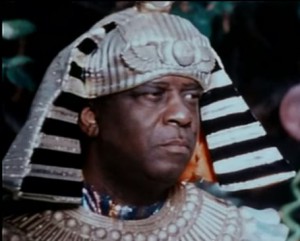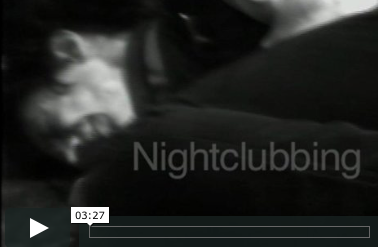 The bandleader Sun Ra would have been 100 years old yesterday. His Arkestra was a touring powerhouse and Sun Ra a huge composer and personality in the world of modern jazz. Of course, Sun Ra was his own person and had his own way of looking at things, so the idea of this or that may have had no currency to him. He did things his way, with a devotion and concentration and no thought of compromise. Which is what makes him a legend to this day.
The bandleader Sun Ra would have been 100 years old yesterday. His Arkestra was a touring powerhouse and Sun Ra a huge composer and personality in the world of modern jazz. Of course, Sun Ra was his own person and had his own way of looking at things, so the idea of this or that may have had no currency to him. He did things his way, with a devotion and concentration and no thought of compromise. Which is what makes him a legend to this day.
His attitude, his belief that he came from a place beyond Earth, and that the music he made had no limits, made him a favorite of progressive rock fans back in his day, as well as jazz fans, and the Arkestra’s live shows around the world were historic and popular beyond jazz’s usual audiences. These were musical shows, but also spiritual, celebrating the passing from the leaden quotidian to the exultant and rapturous.
“Play with some fire on it,” Sun Ra would tell his musicians. “If you’re not mad at the world, you don’t have what it takes.”

